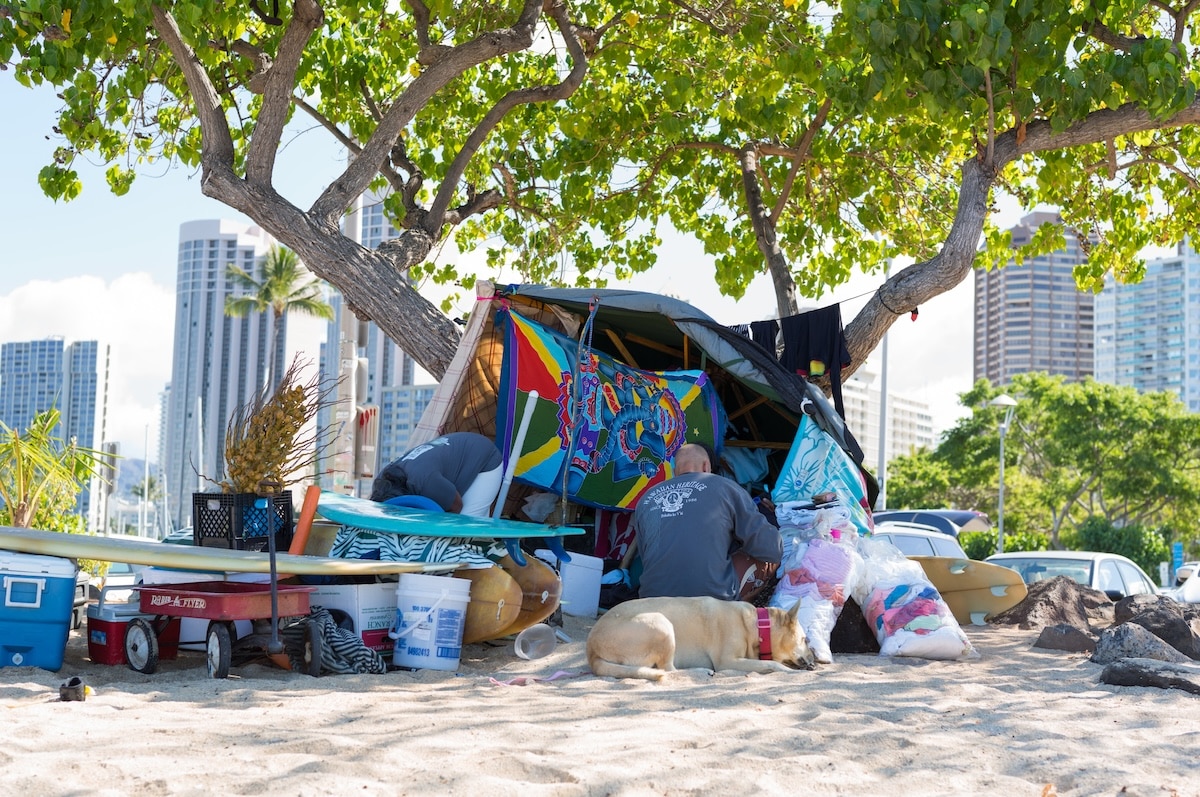Homelessness in the United States has surged to alarming levels in 2023, marking a pivotal moment for legislative action. Diane Yentel, the president and CEO of the National Low Income Housing Coalition, highlights the growing crisis and urges Congress to intervene with decisive measures.
Record-Breaking Homelessness Rates
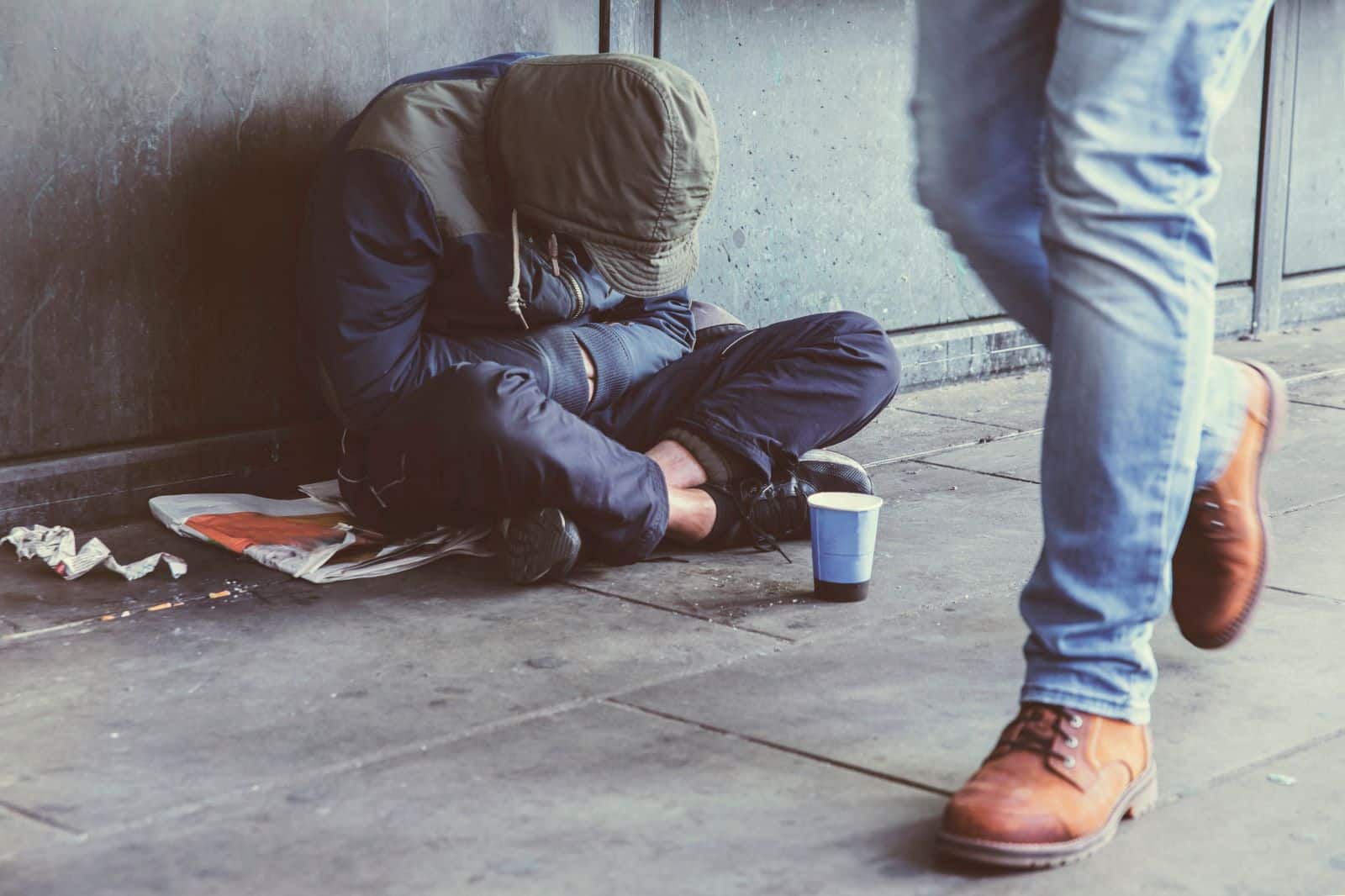
The Department of Housing and Urban Development’s recent report reveals a startling rise in homelessness. The 2023 Point-in-Time count, a nationwide survey, indicates the highest number of homeless individuals recorded in a single night since 2007. This 12% increase from last year underscores the urgent need for effective policies.
Unsheltered and Vulnerable
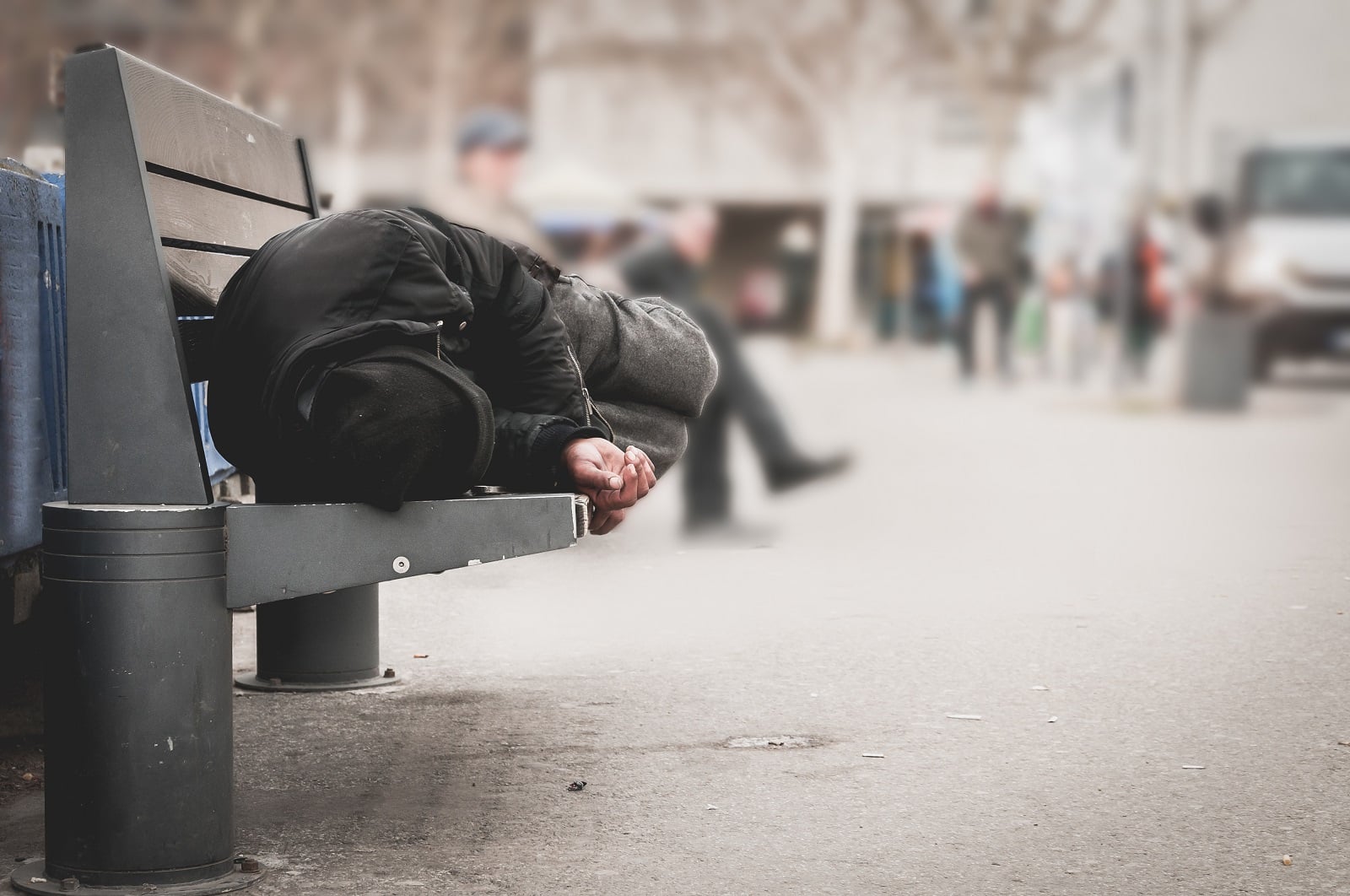
Alarmingly, 40% of the homeless population is unsheltered, living in conditions not suitable for human habitation. This statistic not only reflects the severity of the crisis but also the immediate need for shelter and supportive services for those affected.
Pandemic Response: A Blueprint for Action
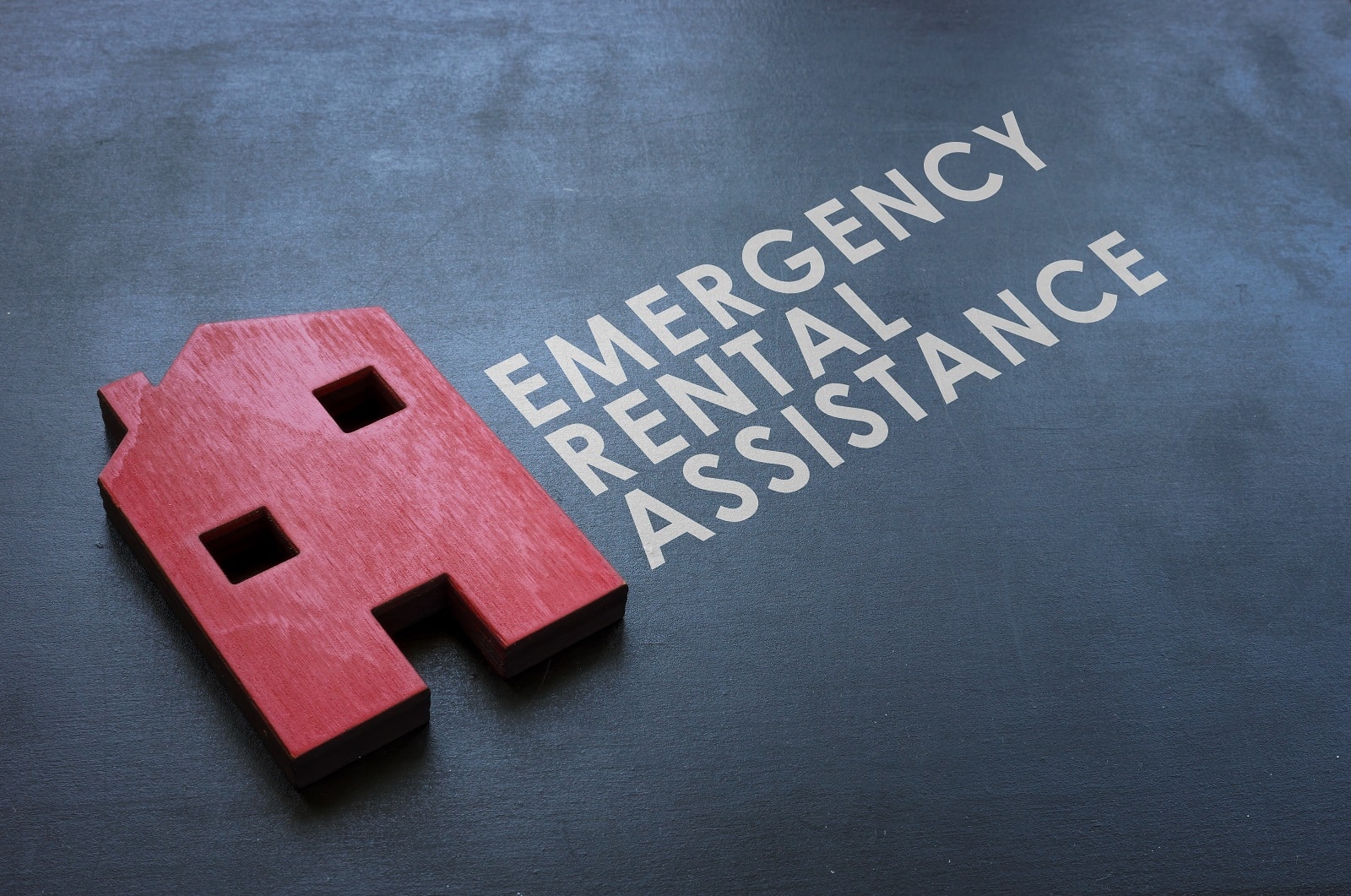
During the Covid-19 pandemic, Congress demonstrated that homelessness can be addressed through targeted actions. Measures like emergency rental assistance and eviction moratoriums played a crucial role in reducing homelessness and keeping people housed.
The Policy Failure Behind Homelessness

Homelessness is not an accident but the result of policy choices. The primary cause is the lack of affordable housing, with only four available homes for every ten of the lowest-income individuals. This structural issue in the housing system demands urgent attention and reform.
Widening Gap Between Income and Housing Costs

Over the past two decades, incomes have lagged far behind rising rents. This widening gap has placed a significant burden on low-income workers, many of whom struggle to afford even modest accommodations.
Racial Disparities in Homelessness
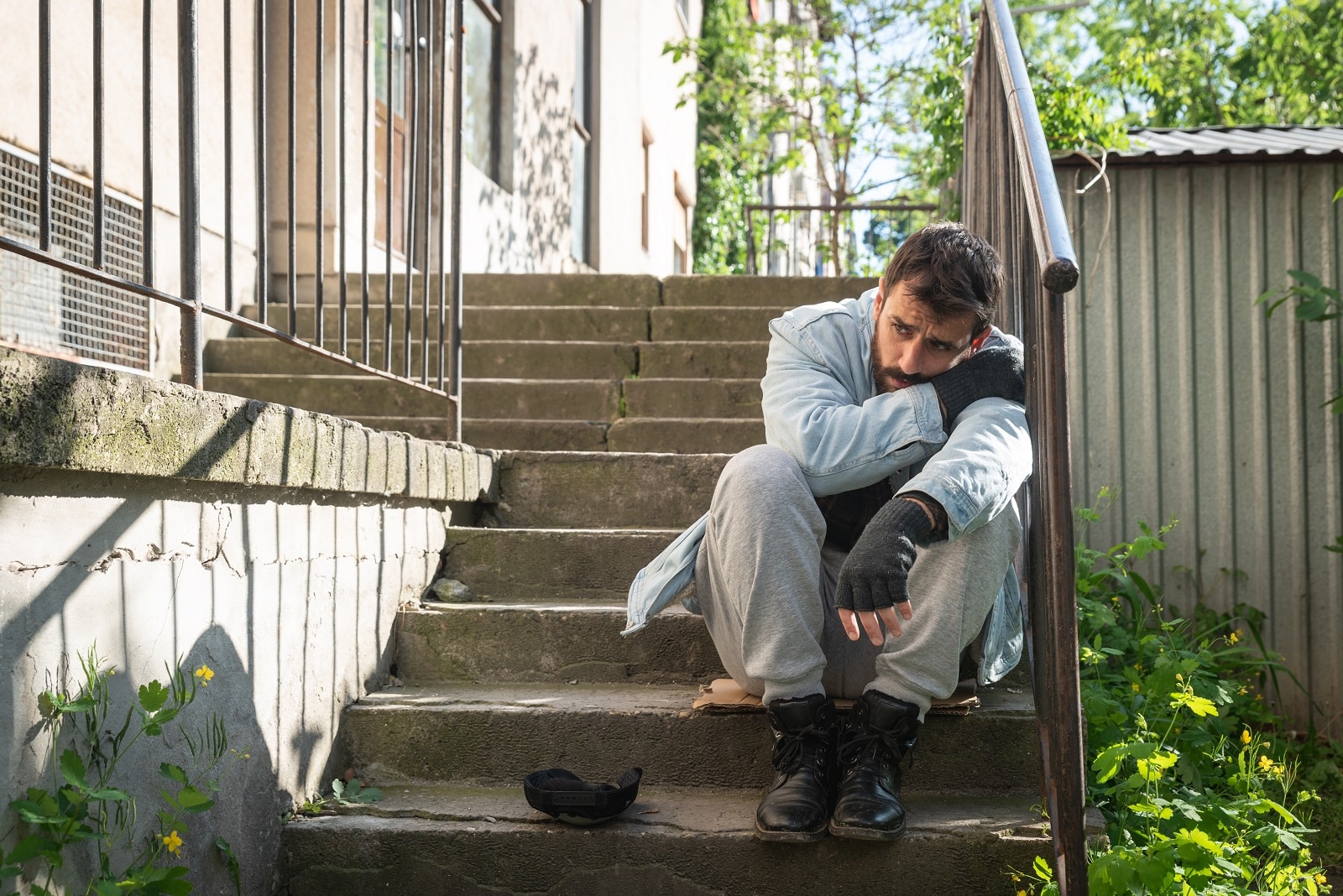
Systemic racism exacerbates housing and homelessness disparities. People of color, particularly Black and Latino households, face higher risks of housing instability and homelessness due to ongoing discrimination and economic inequalities.
Affordable Housing Crisis

For many low-income individuals, paying rent consumes over half of their income, leading to tough choices between essential needs. An unexpected financial setback can easily lead to eviction and, ultimately, homelessness.
Limited Housing Assistance

Despite the evident need, Congress offers housing assistance to only a fraction of eligible households. Over the years, the number of households receiving aid has declined, even as the need for assistance has risen.
Covid Measures: A Success Story
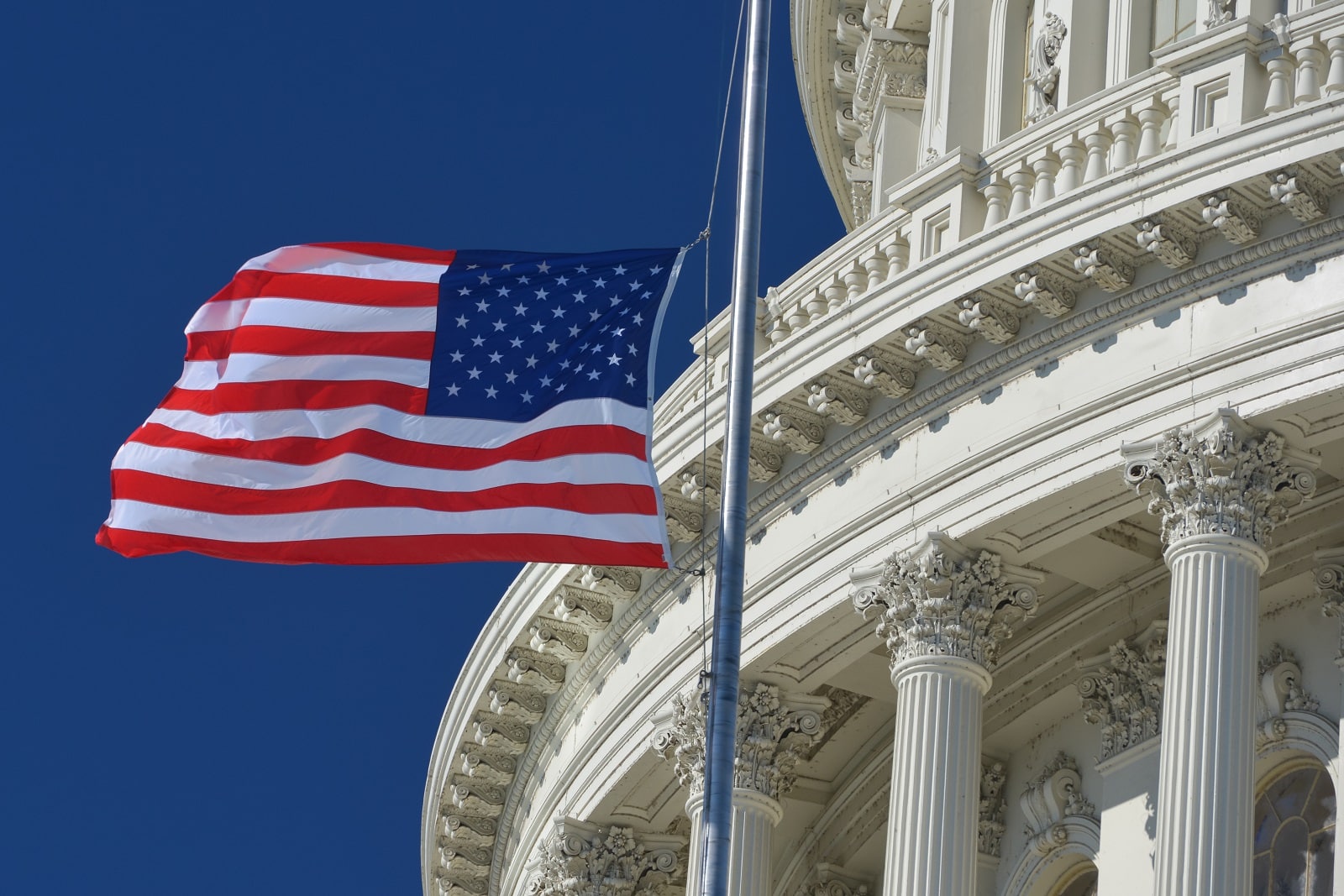
Congress’s intervention during the pandemic significantly reduced evictions and homelessness. These emergency measures, which enjoyed bipartisan support, demonstrated the potential effectiveness of targeted legislative action.
Temporary Solutions, Persistent Problems

While pandemic-related measures provided temporary relief, they did not address the deeper structural issues in the housing system. These underlying problems continue to leave low-income individuals vulnerable.
The Rent and Homelessness Connection
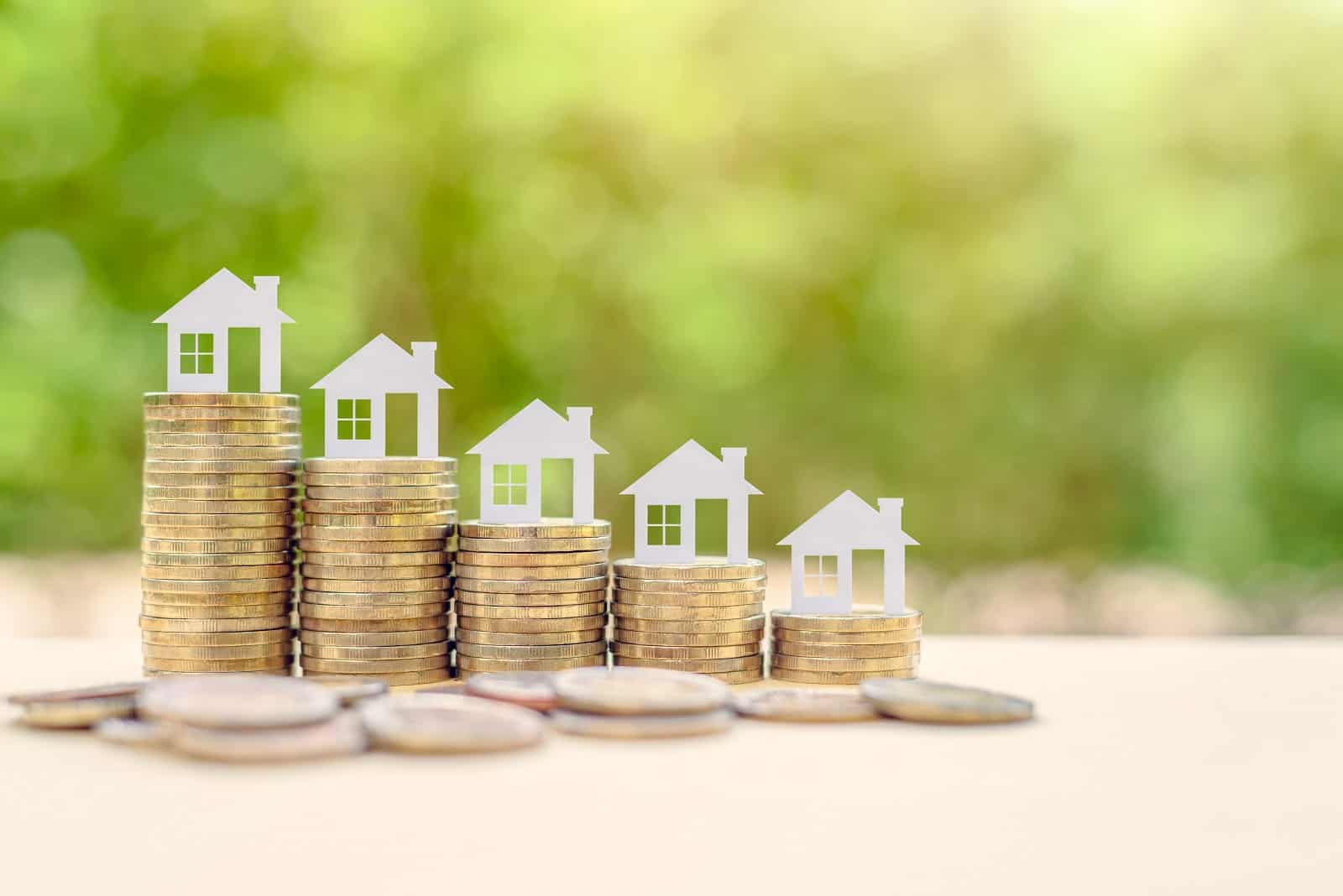
The Government Accountability Office highlights a direct correlation between rent increases and homelessness. The recent surge in rents has undeniably contributed to the spike in homelessness rates.
The Housing First Approach

Communities are increasingly adopting the Housing First approach to combat homelessness. This strategy focuses on providing immediate housing without preconditions, proving effective in helping people exit homelessness.
Congressional Action Needed

To effectively tackle homelessness, Congress must invest in long-term solutions. This includes making rental assistance universally available, expanding affordable housing, and continuing programs that prevent evictions and homelessness.
Enforcing Renter Protections
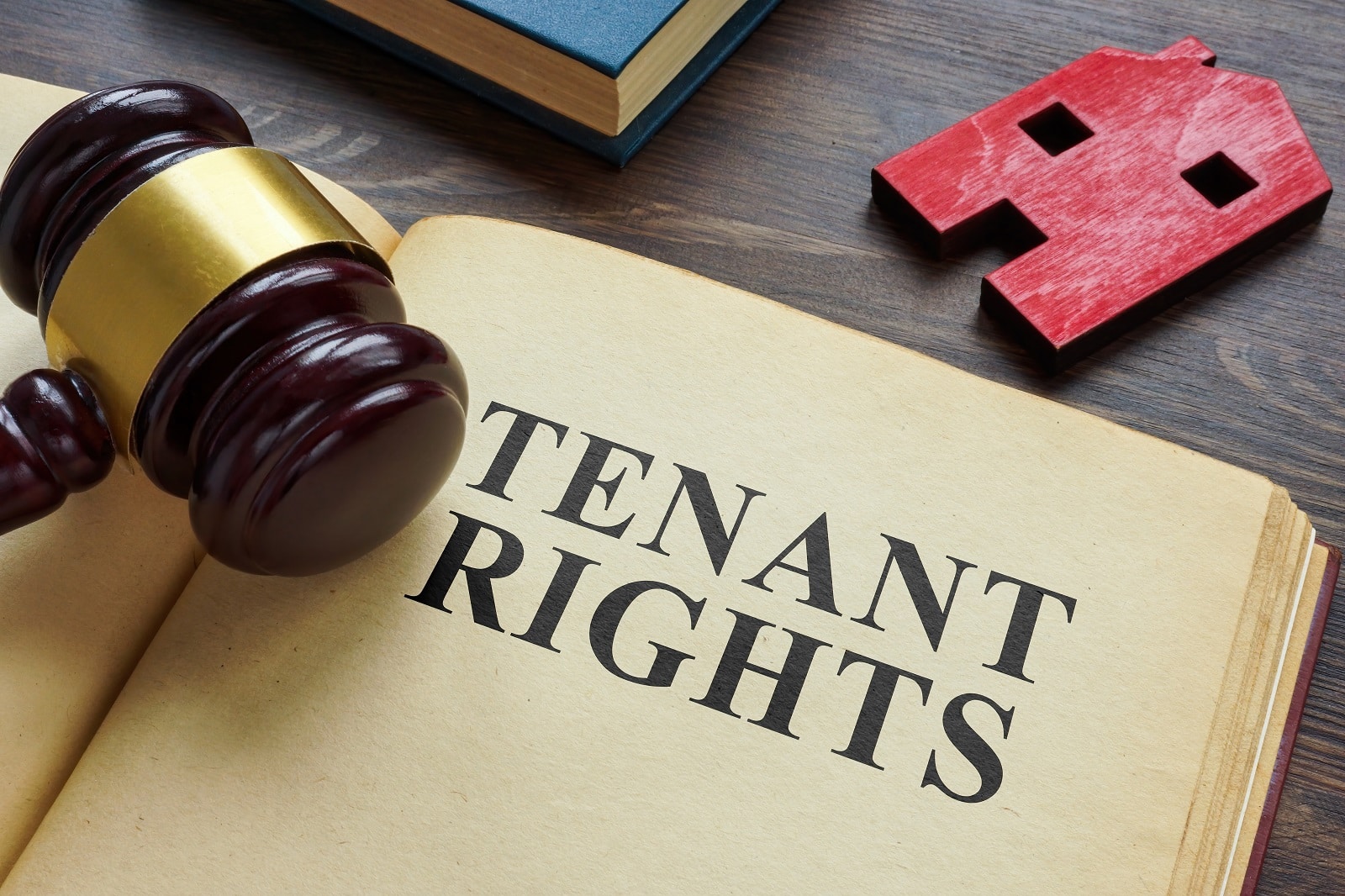
Strengthening renter protections is crucial to address the imbalance of power between landlords and renters. Robust policies can ensure fair treatment and stability for renters, especially those with low incomes.
A Crisis Demanding Immediate Response
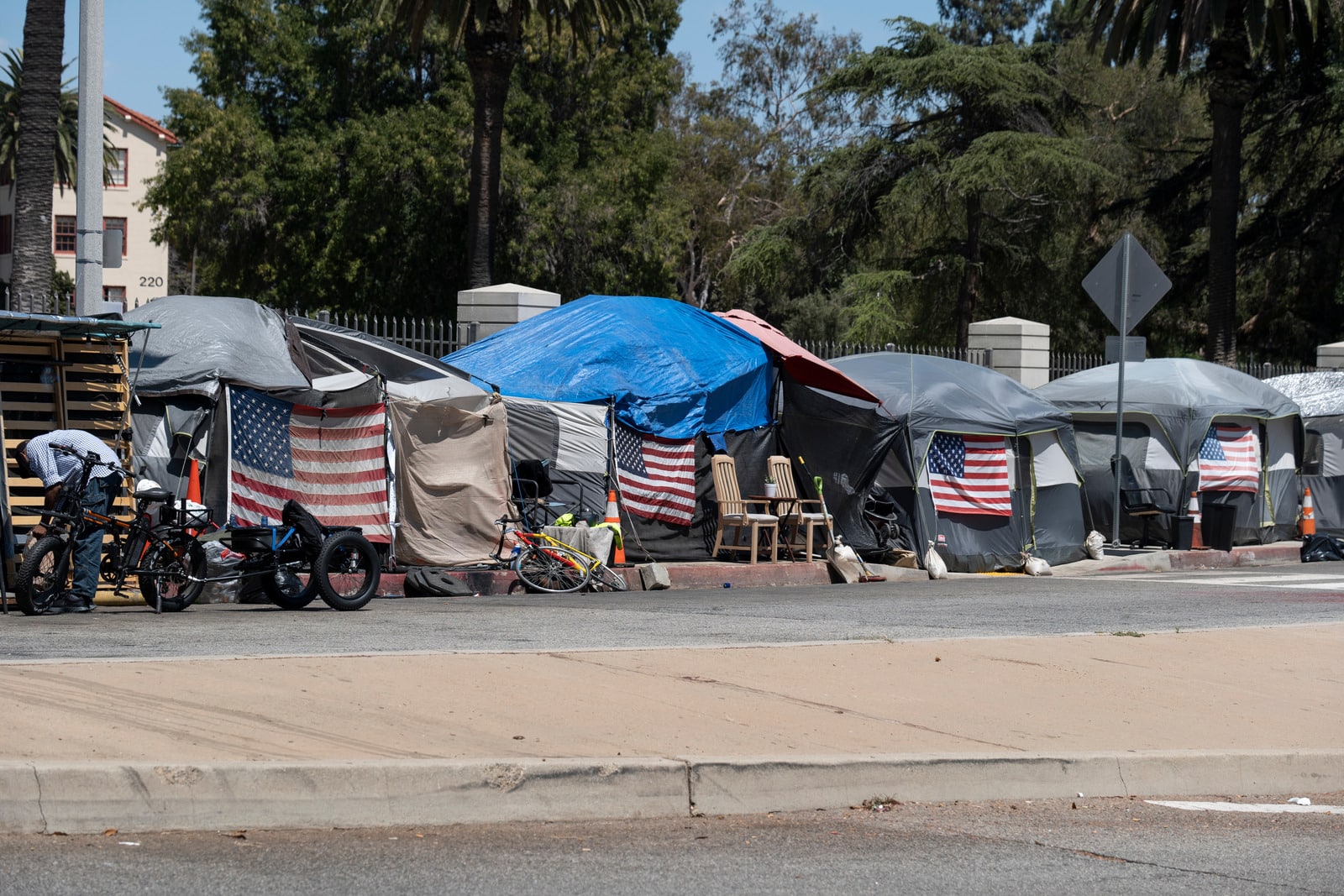
Homelessness is a solvable crisis that requires immediate and comprehensive action from Congress. It is imperative for lawmakers to build on their pandemic response and enact sustainable solutions to end homelessness in the U.S.
The High Stakes of Inaction
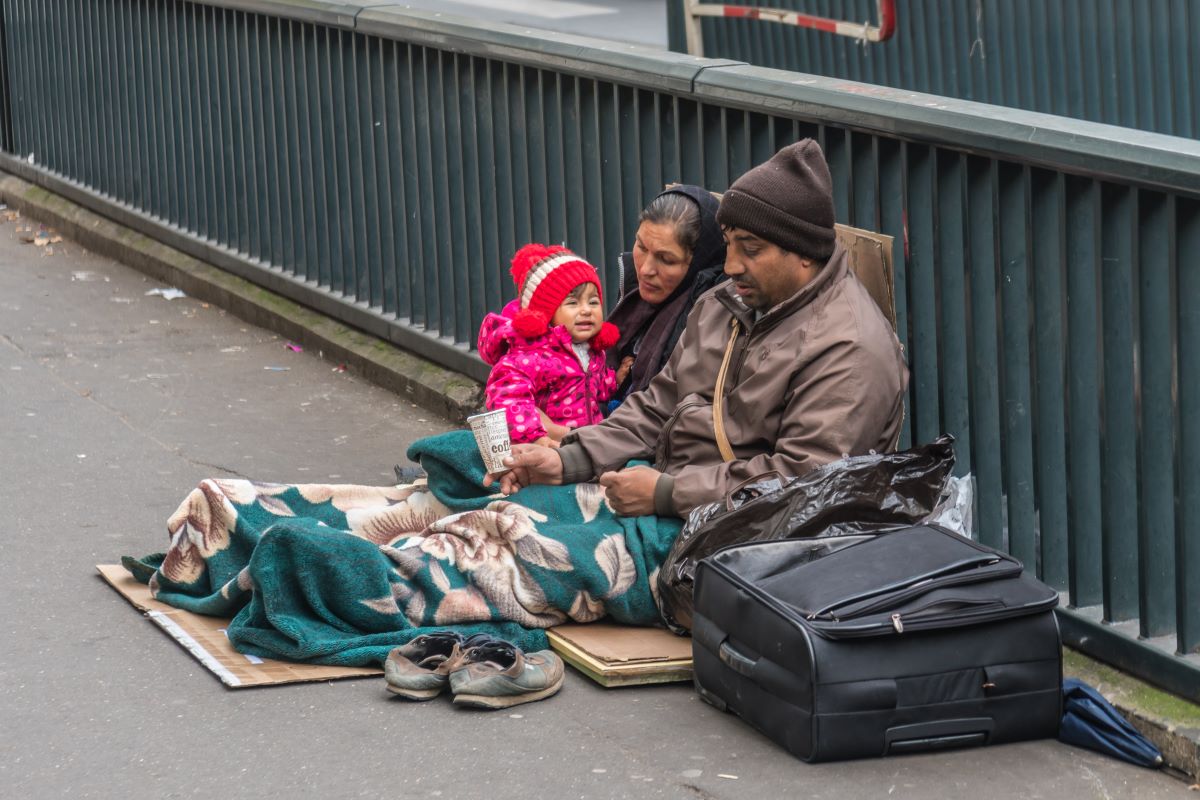
The consequences of failing to address homelessness are profound, impacting individuals across all demographics and communities. The time for Congress to act decisively is now, to ensure housing security and end this national crisis.
Hope for All

Diane Yentel emphasizes the critical role of Congress in addressing this escalating crisis. By adopting comprehensive and long-term strategies, there is hope for resolving the homelessness issue in America, benefiting individuals and communities alike.
The post Homelessness Crisis Demands Immediate Congressional Response first appeared on Career Step Up.
Featured Image Credit: Shutterstock / Theodore Trimmer.
The content of this article is for informational purposes only and does not constitute or replace professional financial advice.

